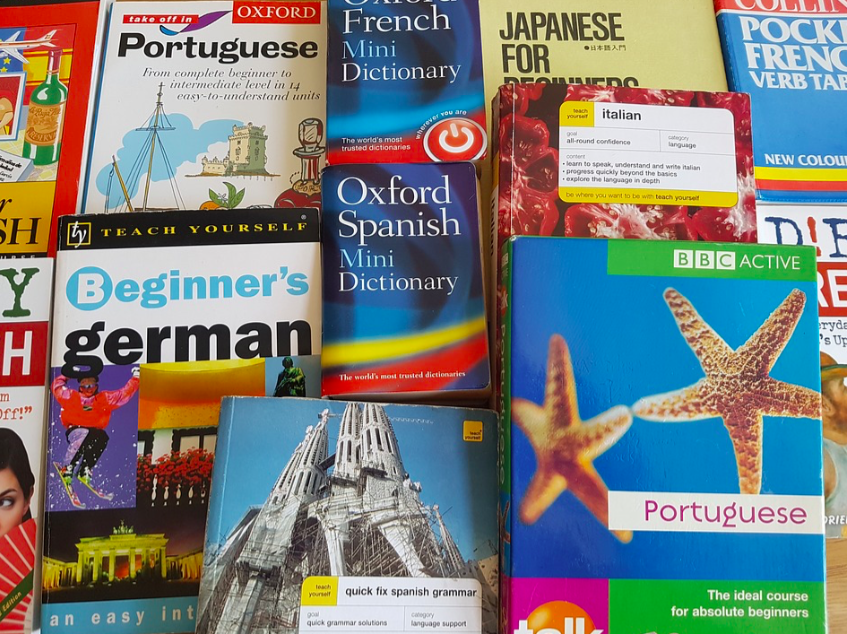Third of teachers say Brexit hitting language learning as parents say they'll be 'less useful after we leave EU'

One third of secondary schools teachers have suggested that Brexit is causing students to not bother taking up foreign language lessons.
According to the British Council's Language Trends Survey 2019, 36% of teachers at state schools, and 30% at independent, said pupils had mixed attitudes towards languages as a result of Britain’s exit from the EU.
And the survey also suggested that parents of disadvantaged pupils are telling teachers that learning a foreign language will be less useful once Brexit has taken place.

Lead researcher, Teresa Tinsley, said: "The report paints a picture of language learning in England becoming increasingly segregated along both socio-economic and academic lines.
"Pupils from poorer backgrounds and those who are less academically inclined are much less likely than their peers to acquire any substantial language skills or access foreign cultures in any significant way, challenges that Brexit looks to exacerbate.
"We all know the pressures schools are under, but these inequalities are not good for our society or the future of our country."
The survey also found the majority of teachers were concerned about the level of difficulty of language exams, a year on from the introduction of new GCSEs and A-levels.
Seventy-one per cent of state secondary school teachers, and 64% of private school teachers said the nature and content of external exams worried them.
A large proportion were also concerned about the way tests are marked and graded, with 62% of private school teachers saying it was a challenge to providing high quality language teaching.
Read more from Yahoo News UK:
Teenager killed herself without knowing she was pregnant
Baby of murdered pregnant woman dies
Facebook cracks down on bogus ‘health cures’ after anti-vax purge
While 59% of state school teachers said the same.
The report also indicates declining levels of international engagement in primary and secondary schools, with half offering pupils no international activity at all.
Vicky Gough, schools adviser at the British Council, said: "We need to give our young people more opportunities to learn about and engage with different cultures.
"Languages open up so many doors - not only are they a valuable skill highly sought after by employers, they also allow for a deeper understanding and appreciation of the wider world.”

A Department for Education spokesman said: "We want more people to study foreign languages and benefit from the opportunities they provide.”
The research is based on an online survey completed between January-March by teachers in 776 state primary schools, 715 state secondary schools and 130 independent secondary schools across the country.

 Yahoo Finance
Yahoo Finance 
